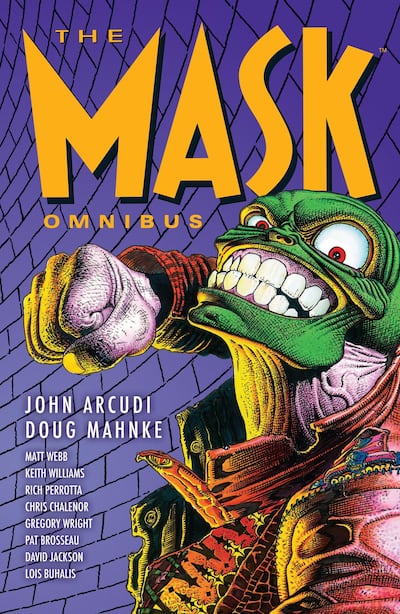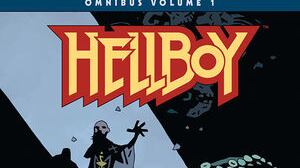A sentient blob of concrete who was once a congressional speechwriter. A half-demon who becomes a paranormal investigator. A drug-addled biker who speaks to the dead.
Dark Horse Comics brought a jolt of energy and sophistication to the medium—and helped turn Portland into a magnet for creators.
Mike Richardson quit an unfulfilling job and opened a pop-culture shop in 1980. Comics artists came in on occasion to sign books, and Richardson heard a consistent complaint: Artists were frustrated they didn’t own their own work.
That motivated him to create Dark Horse, which released its first publication in 1986. The publishing house is now one of the most prominent in the nation, known for big titles like Hellboy, Sin City, and The Umbrella Academy.
“We had an ethical foundation from the beginning: We would never take a property away from a creator,” Richardson says. Dark Horse also paid artists prices comparable to those of giants like Marvel and DC.

It wasn’t always easy—Richardson admits the company grew faster than he could handle at some points. But eventually, Dark Horse carved a reputation as the outlaw company in the Pacific Northwest. Together with artists’ collectives like Helioscope, the Independent Publishing Resource Center, and the Portland Zine Symposium, Dark Horse established Portland as a secret base for superheroes. (Other local legends include John Callahan and Joe Sacco.)
“Comics are a great outlet. They have the ability to educate, to entertain,” Richardson says. “They can have a profound effect on pop culture.”
Carry it forward: Richardson knows technology is shaping the comics industry. He’s concerned about the rise of AI—Dark Horse, he says, prefers human creators. But he’s confident comics will broaden their cultural impact as they explore new topics. “We all have the same rights to tell our stories in comic book format,” he says.
Next Story > 1986: First Thursday
 Opens in new window
Opens in new window
